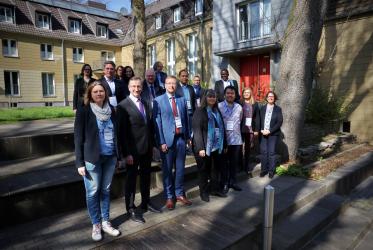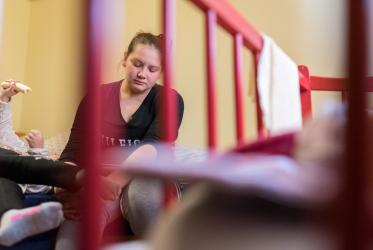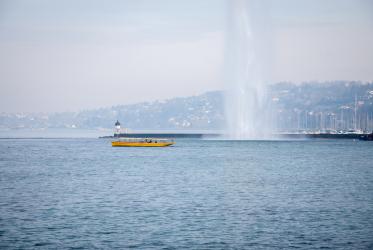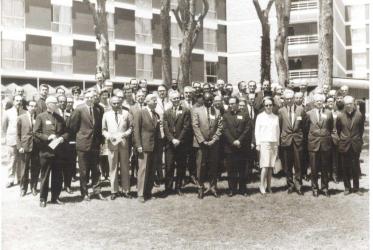Climate justice isn't a policy that can simply be thrown away by any president - it’s a moral decision that affects the well-being of millions of people and future generations across the world. Thousands of people are communicating this message via statements, posts and tweets on social media, and even with earnest conversations with their neighbors. Many are from the WCC fellowship, humanitarian groups, churches and communities, and they are bringing a clear - and unified - voice of justice after US President Donald Trump announced on 2 June that his nation would leave the Paris climate accord.
07 June 2017











